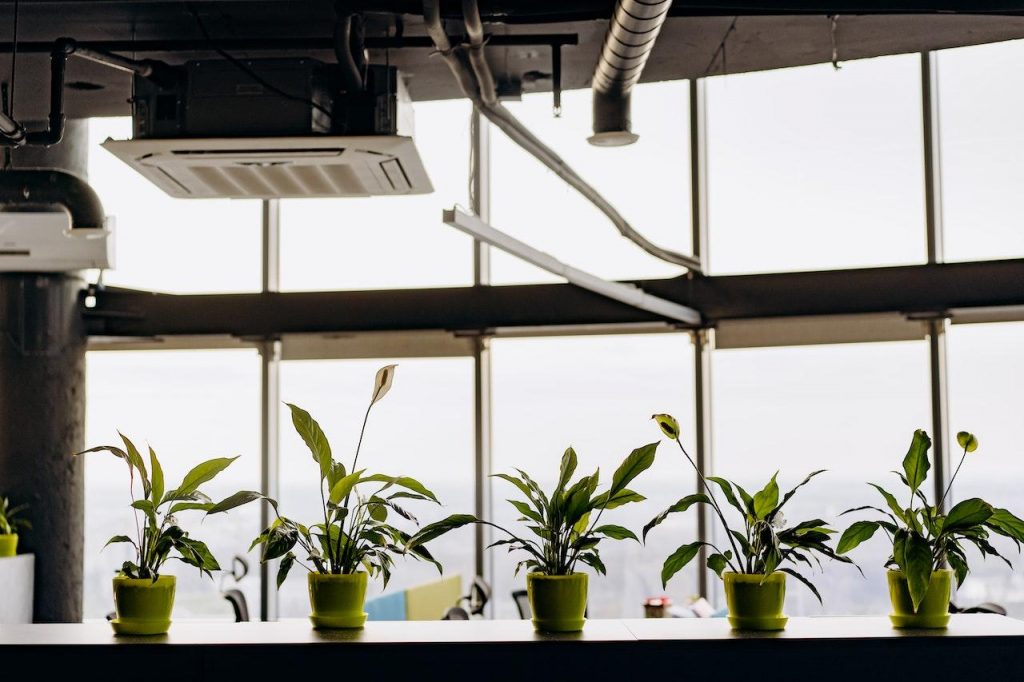- April 18, 2023
- 4 min
Keep Cool in Miami Weather – Tips to Get the Most Out of Your HVAC System

Living in Miami means hot, humid weather year-round and unbearable heat during the summer months.
The last thing you want is for your air conditioning system to give out at the most inopportune moment,
leaving you feeling miserable and sweaty inside your home. But with a few tips and tricks, keeping cool
doesn't have to be a hassle – here at Duct Masters Cleaning Services, we understand how important it is
to keep a well-running HVAC system while enjoying benefits like reduced energy costs. In this blog post,
we'll discuss the best practices for the optimal use of an HVAC system indoors so that you can beat the
Miami Heat without breaking a sweat (or your budget). Keep reading to learn more about ways you can
easily stay comfortable as temperatures start rising!
Check Your System's Efficiency
The first step in ensuring your HVAC system is ready for Miami weather is to have it checked for efficiency. An inefficient system will not only struggle to keep your home cool but also drive up your energy bills. A certified technician can scan your system and ensure it runs as efficiently as possible..Change Your Air Filter
Another simple way to ensure your HVAC system is running correctly is to change your air filter regularly. A dirty air filter can restrict airflow and cause your system to work harder than necessary. Depending on your filter type, it should be changed every one to three months.Use a Programmable Thermostat
A programmable thermostat can help you save money on energy costs by allowing you to set specific temperatures for different times of the day. For example, you can set the temperature to be cooler during the day when you are not home and then have it warm up just before you arrive home from work.Keep Your Vents Clear
It is essential to keep your vents clear of any furniture or other objects that could block airflow. If the airflow is restricted, your system will have to work harder to maintain the desired temperature, which will lead to higher energy bills and potential damage to your system.
Contact Us
Latest posts

